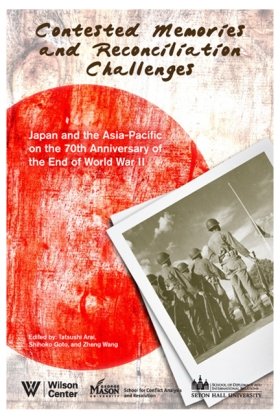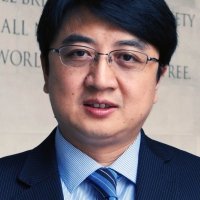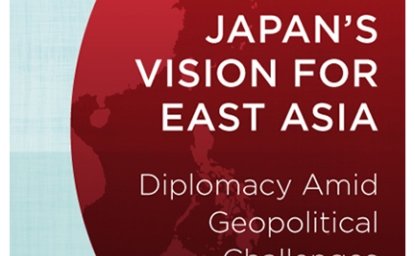Contested Memories and Reconciliation Challenges: Japan and the Asia-Pacific on the 70th Anniversary of the End of World War II


The eyes and ears of much of Asia will be on Japanese Prime Minister Shinzo Abe when he delivers a speech in August 2015 to commemorate 70 years since the end of World War II. It will undoubtedly be the most scrutinized of Abe’s public addresses to date, a fact that has not escaped the Prime Minister’s Office as experts have been assembled months in advance to advise him on the broader strategy and the appropriate wording for the occasion.
Are there indeed words or policies that the Japanese premier can pursue that will resolve the diplomatic impasse over memories of war and occupation? Is there the political will in South Korea as well as in China to want to move forward on the history issue?
In March 2015, a conference was held at the Wilson Center bringing together scholars from Japan, South Korea, China, and the United States to discuss why Japan’s apologies regarding its actions during World War II have not been enough to assuage its neighbors, and to propose policies that could lead to a breakthrough in the deadlock. This collection of essays is a result of that event.
Download the full publication below.
Authors


Professor, School of Diplomacy and International Relations, Seton Hall University
Contributors


Professor of Political History, Chukyo University, Japan

Indo-Pacific Program
The Indo-Pacific Program promotes policy debate and intellectual discussions on US interests in the Asia-Pacific as well as political, economic, security, and social issues relating to the world’s most populous and economically dynamic region. Read more


